Calendar of events, awards and opportunities
Every week, we update this list with new meetings, awards, scholarships and events to help you advance your career. If you’d like us to feature something that you’re offering to the bioscience community, email us with the subject line “For calendar.” ASBMB members’ offerings take priority, and we do not promote products/services. Learn how to advertise in ASBMB Today.
March 14: Deadline to apply for health disparities program
The National Institute on Minority Health and Health Disparities is accepting applications from early-career minority health and health disparities research scientists for its Health Disparities Research Institute to be held August 15–19. The program includes lectures, mock grant review and small-group discussions. Learn more.
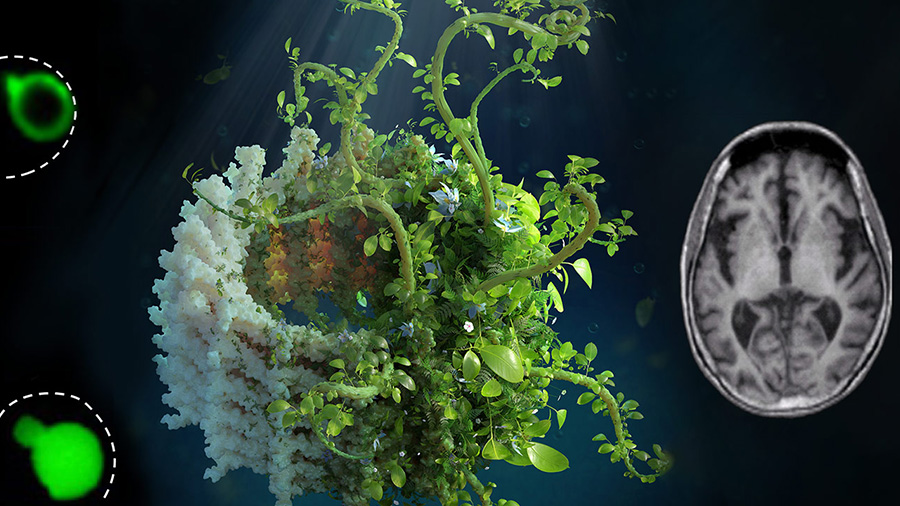
March 15: Abstract deadline for ESCRT biology meeting
This in-person meeting will be held in Madison, Wisconsin. It'll be a unique, open, inclusive and interactive forum for the international and domestic research community working on ESCRT biology and be an effective learning environment for all participants, especially graduate students, postdocs and other researchers from diverse backgrounds. This meeting will bring together experts in disciplines as diverse as biophysics, plant biology, cell biology, biochemistry and structural biology from around the world to cover key aspects of ESCRT biology. Submit an abstract. Learn more in in this Q&A with with organizer Wes Sundquist.

March 16: Wikipedia edit-a-thon for Women's History Month
In honor of Women's History Month, join us for a collaborative Wikipedia edit-a-thon. Volunteers across STEM fields will come together to increase the visibility of women in various disciplines by focusing on improving Wikipedia entries. Learn how to improve and create pages that recognize the achievements of these outstanding researchers. All are welcome and no experience is needed! Join at the beginning of the session for a brief orientation, and then stay as your schedule allows to edit suggested pages. This event is organized by the American Society for Biochemistry and Molecular Biology, the American Society for Microbiology, the American Chemical Society and 500 Women Scientists. Register.

March 16: Preparing for graduate school and beyond
An undergraduate degree in a life science discipline opens up a world of different career paths, and it can be challenging to figure out which path to take. Whether you have just started or are wrapping up your undergraduate education, now is the time to prepare for the next step in your career journey. In this panel discussion, speakers at various stages in their training will share their perspectives on their decision-making process to pursue advanced training in life sciences and how they set themselves up for success in this pursuit. Additional faculty speakers will share their insight in helping students prepare for and succeed in advanced training. This virtual event will be held from 6 p.m. to 8 p.m. March 16. Register.
March 17: ASCB seminar on cellular dynamics
The American Society for Cell Biology's Emerging Researcher Talk Series will feature Maria Lastra Cagigas of the University of New South Wales and Mugdha Sathe of the University of Washington Seattle and the Howard Hughes Medical Institute on March 17. Learn more about their presentations.

March 22: Science in a Flash competition
Science in a Flash” is not the usual scientific presentation. It is a creative challenge: How do you explain your research to a general audience in just three minutes and one slide? This virtual competition features short talks from selected presenters who are challenged to distill their research to its essence and make it more accessible to the nonexpert audience, including policymakers, family and friends, K–12 students, teachers and others. Presenters are previously selected graduate student and postdoc annual meeting travel awardees. Presenters will be judged by a panel of committee members, and webinar attendees will play a major role in selecting the best talk for the audience choice award. Join us to learn about a variety of research projects and to vote for your top candidate. Register.
March 30: Lasker essay contest deadline
The Lasker Foundation is accepting essays for its 2022 contest until 2 p.m. Eastern on March 30. The contest is open to medical school students, interns, residents and fellows; doctoral students and postdoctoral fellows in biomedical sciences; and graduate students in public health or other health professions programs. Winners will receive up to $5,000. Monetary prizes will be directed to the winners' institutions to be used toward the winners' educational expenses. Here's the topic: "Solving complex questions often calls for expertise in many fields. Describe how multidisciplinary collaborations and approaches (or future opportunities for them) have already or will in the future impact your own training, research, or career." The winners will be announced in early July. Learn more.
March 31: Apply to ACS Bridge Program
The American Chemical Society Bridge Program, in association with the Inclusive Graduate Education Network, assists students from underrepresented groups with getting into and succeeding in graduate school. Students who have not applied to graduate school or who have applied but were unsuccessful and would benefit from additional coursework and research experience are eligible to apply. Applications will be circulated to select chemical science departments that have committed to partnering with the ACS Bridge Program, at no cost to the students. Learn more.
March 31: Host symposium for grad students and postdocs
The Federation of European Biochemical Societies and its partners are looking for institutions to host the FEBS-IUBMB-ENABLE Symposium in 2024 for graduate students and postdocs. Institutions interested in hosting have until March 31 to apply. Note that these symposia are to be organized by the students/postdocs. Learn more.
April 1: Registration deadline for NIH maternal health challenge
The National Institutes of Health Technology Accelerator Challenge (NTAC) for Maternal Health seeks to spur the development of prototypes for low-cost point-of-care diagnostic technologies to improve maternal health around the world. The prizes will be $500,000 for first place, $300,000 for second place, and $150,000 for third place, and there is the potential for multiple $50,000 awards for semifinalists and honorable mentions. The deadline to submit an application is April 22. But you must register your application by April 1 for it to be considered. Learn more and register.
April 9: Inaugural EFeMS Research Conference
Empowering Female Minds in STEM (EFeMS) is a nonprofit organization that supports African women in STEM. On April 9, it is hosting the inaugural EFeMS Research Conference. The virtual conference will present research from academic and industrial scientists in the form of presentations, posters and networking. The deadline for abstract submissions is March 25. Learn more.
April 14: Workshop for librarians and biochemists
For scientists, information literacy skills are more important now than ever before. Students have many possible avenues to look for information, and navigating effectively to the best source can be overwhelming if they don’t know where to start. For scientists and instructors to help students with this navigation, it is a great idea to work with a librarian. On April 14, from 1–4 p.m. Eastern, this workshop will cover forming collaborations between scientists and librarians. Register.

April 22: Nominations due for 2023 ASBMB Annual Awards
The ASBMB Annual Awards are given to outstanding professionals who have been recognized by their peers for contributions to their fields, education and diversity. The recipients will give talks about their work at the 2023 ASBMB Annual Meeting in Seattle. See eligibility criteria here.
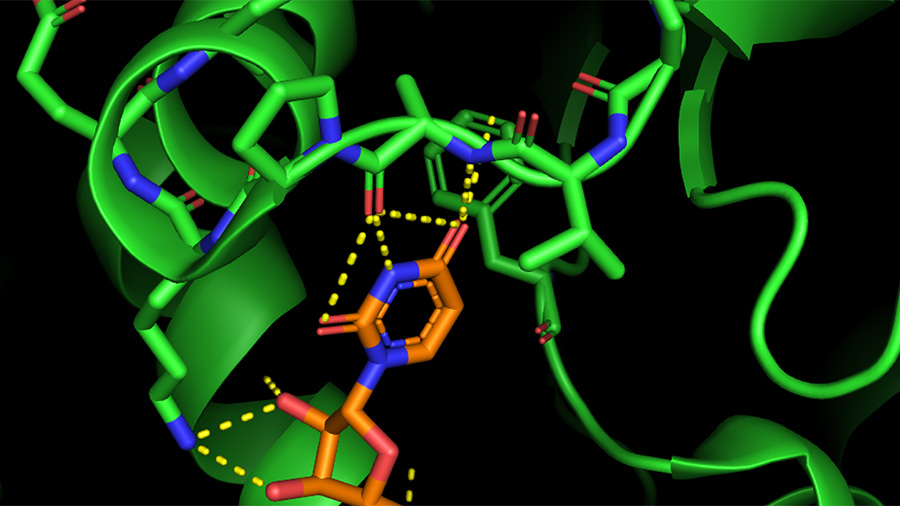
April 26: Abstract deadline for ASBMB's O-GlcNAc meeting
This conference, to be held in person in Athens, Ga., will address the multitude of roles that the O-GlcNAc protein modification has in regulating nuclear and cytosolic proteins. It will bring together researchers from diverse fields to share their research, tools and experience in O-GlcNAc biology. The abstract deadline is April 26, and the early registration deadline is May 9. Submit an abstract. Learn more in this Q&A with organizers Gerald Hart and Lance Wells.
April 30: Survey for early-career medical educators closes
We were contacted by Caroline Mueller, assistant professor at Ohio University, about a survey for early-career medical educators. She wrote: "We hope that through this survey, we will identify the needs of early-career medical educators and develop appropriate resources for new faculty." Learn more and complete the survey by April 30.
May 4: DOE grad student award application deadline
The U.S. Department of Energy's Office of Science Graduate Student Research program is accepting applications until May 4. The program supports U.S. graduate students seeking to conduct part of their thesis research at a DOE national lab or host site with a DOE scientist. The program is open to Ph.D. students who are conducting their thesis research in targeted areas of importance to the DOE Office of Science. Learn more.
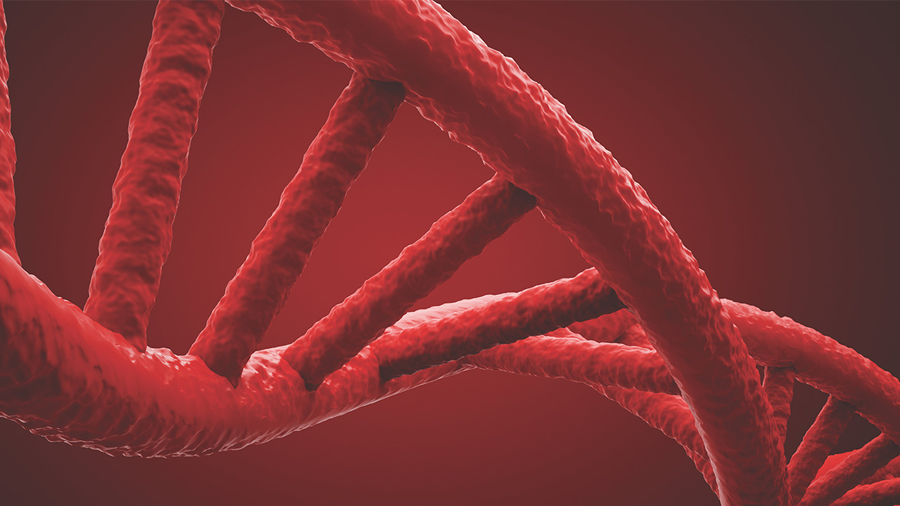
May 6: Oral abstract deadline for gene expression meeting
This in-person meeting in Kansas City, Mo., will showcase the most recent insights into the cis-regulatory code, how cis-regulatory information is read out by transcription factors, signaling pathways and other proteins, how cellular diversity is created during development and how we can study this problem using cutting-edge genomics technology and computational methods. The meeting will simultaneously examine the problem from an evolutionary perspective: how cis-regulatory elements evolve, how regulatory variation affects gene expression and phenotypes, how these changes have shaped development and parallel evolution, and how noise affects regulatory circuits and their evolution. The abstract deadline for those who'd like to be considered for talks is May 6. The abstract deadline for poster presenters and the registration deadline is May 25. Submit an abstract. Learn more in this Q&A with two of the organizers.
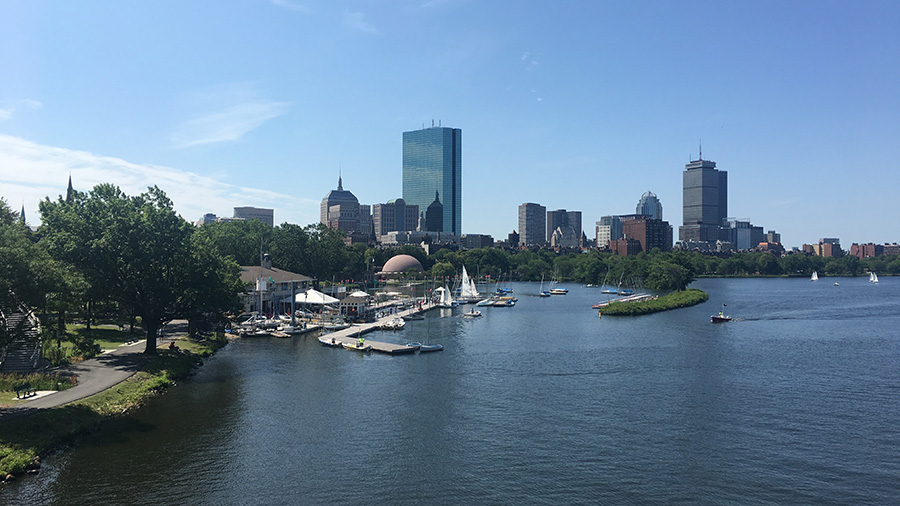
May 16: Abstracts due for ASBMB mass spec meeting
This five-day conference will be held Aug. 14–18 in person in Cambridge, Massachusetts, and online. It will be an international forum for discussion of the remarkable advances in cell and human protein biology revealed by ever-more-innovative and powerful mass spectrometric technologies. The conference will juxtapose sessions about methodological advances with sessions about the roles those advances play in solving problems and seizing opportunities to understand the composition, dynamics and function of cellular machinery in numerous biological contexts. In addition to celebrating these successes, we also intend to articulate urgent, unmet needs and unsolved problems that will drive the field in the future. Registration and abstract submission begins Nov. 1. Abstracts are due May 16. Learn more.
June 1: Deadline to apply for ASBMB diversity scholarship
The Marion B. Sewer Distinguished Scholarship for Undergraduates offers financial support to students who demonstrate an interest in the fields of biochemistry and molecular biology and enhance the diversity of science. Students whose social, educational or economic background adds to the diversity of the biomedical workforce or who show commitment to enhancing academic success of underrepresented students are eligible. The scholarship provides up to $2,000 toward undergraduate tuition costs for one academic year and can be applied to fall or spring tuition of the year following scholarship award notification. Up to ten scholarships will be awarded each academic year. Applications by individuals from underrepresented groups are encouraged, although all qualified applicants will be considered without regard to race, gender, color, ethnicity or national origin. Apply.
June 16: Symposium on structural biology
The Oklahoma Cobre in Structural Biology at the University of Oklahoma is hosting its 10th annual structural biology symposium on June 16. Confirmed speakers include Hao Wu of Harvard University, Breann Brown of Vanderbilt University School of Medicine, Lorena Saelices of University of Texas Southwestern Medical Center, Satish Nair of the University of Illinois Urbana-Champaign and Erica Ollman Saphire of the La Jolla Institute for Immunology. Check here for details and to register.
July 10: Deadline for papers about open science policies
The Journal of Science Policy & Governance, the United Nations Educational, Scientific and Cultural Organization and the Major Group for Children and Youth announced in February a call for papers for a special issue on "open science policies as an accelerator for achieving the sustainable development goals." The deadline for submissions is July 10. To help authors prepare their submissions, the group will be hosting a series of webinars (April 8 & 29, May 20, and June 10) and a science policy paper-writing workshop (March 26–27). Read the call for submissions and learn more about the events.
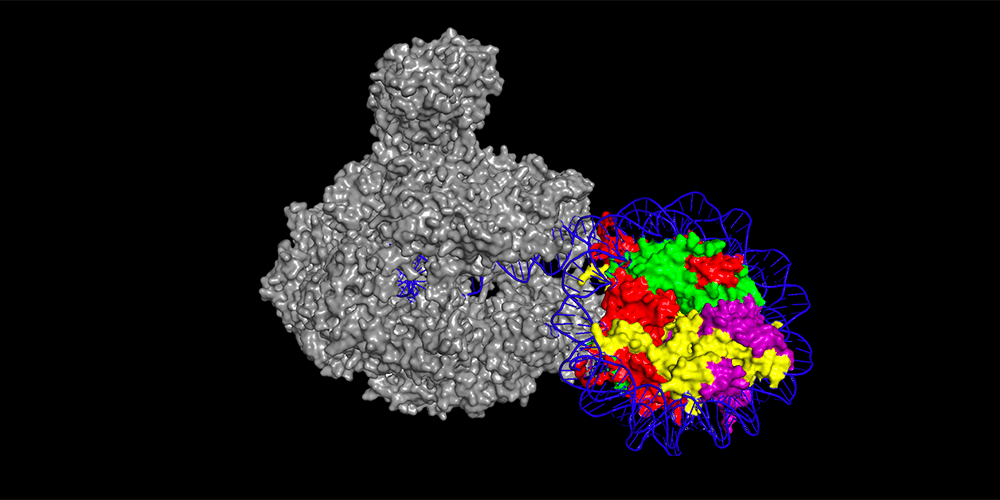
July 14: Oral abstracts due for transcriptional regulation meeting
This in-person meeting will be held Sept. 29 through Oct. 2 in Snowbird, Utah. Sessions will cover recent advances and new technologies in RNA polymerase II regulation, including the contributions of non-coding RNAs, enhancers and promoters, chromatin structure and post-translational modifications, molecular condensates, and other factors that regulate gene expression. Patrick Cramer of the Max Planck Institute will present the keynote address on the structure and function of transcription regulatory complexes. The deadline for oral presentation abstracts is July 14. The deadline for poster presentation abstracts is Aug. 18. Learn more.
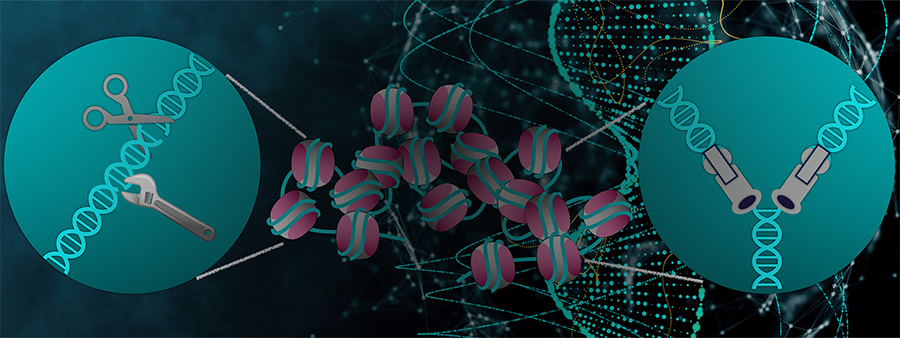
Sept. 28–Oct. 2: Epigenetic regulation and genome stability
Save the date! Most meetings on epigenetics and chromatin focus on transcription, while most meetings on genome integrity include little attention to epigenetics and chromatin. This conference in Seattle will bridge this gap to link researchers who are interested in epigenetic regulations and chromatin with those who are interested in genome integrity. Stay tuned for abstract and registration deadlines.

Call for virtual scientific event proposals
The ASBMB provides members with a virtual platform to share scientific research and accomplishments and to discuss emerging topics and technologies with the BMB community.
The ASBMB will manage the technical aspects, market the event to tens of thousands of contacts and present the digital event live to a remote audience. Additional tools such as polling, Q&A, breakout rooms and post event Twitter chats may be used to facilitate maximum engagement.
Seminars are typically one to two hours long. A workshop or conference might be longer and even span several days.
Prospective organizers may submit proposals at any time. Decisions are usually made within four to six weeks.

Take over the JLR Twitter account
If you are a graduate student, postdoc or early-career investigator interested in hosting a #LipidTakeover, fill out this application. You can spend a day tweeting from the Journal of Lipid Research's account (@JLipidRes) about your favorite lipids and your work.
Enjoy reading ASBMB Today?
Become a member to receive the print edition four times a year and the digital edition monthly.
Learn moreFeatured jobs
from the ASBMB career center
Get the latest from ASBMB Today
Enter your email address, and we’ll send you a weekly email with recent articles, interviews and more.
Latest in Careers
Careers highlights or most popular articles

From humble beginnings to unlocking lysosomal secrets
Monther Abu–Remaileh will receive the ASBMB’s 2026 Walter A. Shaw Young Investigator Award in Lipid Research at the ASBMB Annual Meeting, March 7-10 in Washington, D.C.

Chemistry meets biology to thwart parasites
Margaret Phillips will receive the Alice and C. C. Wang Award in Molecular Parasitology at the ASBMB Annual Meeting, March 7-10 in Washington, D.C.

Decoding how bacteria flip host’s molecular switches
Kim Orth will receive the Earl and Thressa Stadtman Distinguished Scientists Award at the ASBMB Annual Meeting, March 7–10, just outside of Washington, D.C.

Defining JNKs: Targets for drug discovery
Roger Davis will receive the Bert and Natalie Vallee Award in Biomedical Science at the ASBMB Annual Meeting, March 7–10, just outside of Washington, D.C.

Upcoming opportunities
No matter where you are in your career and what future path you aspire to, everyone needs leadership skills. Join ASBMB for practical strategies for building and practicing leadership skills.

Close out ASBMB 2026 with a bang
The closing reception of the 2026 ASBMB Annual Meeting will be held at the Torpedo Factory Art Center in Alexandra, Virginia.
